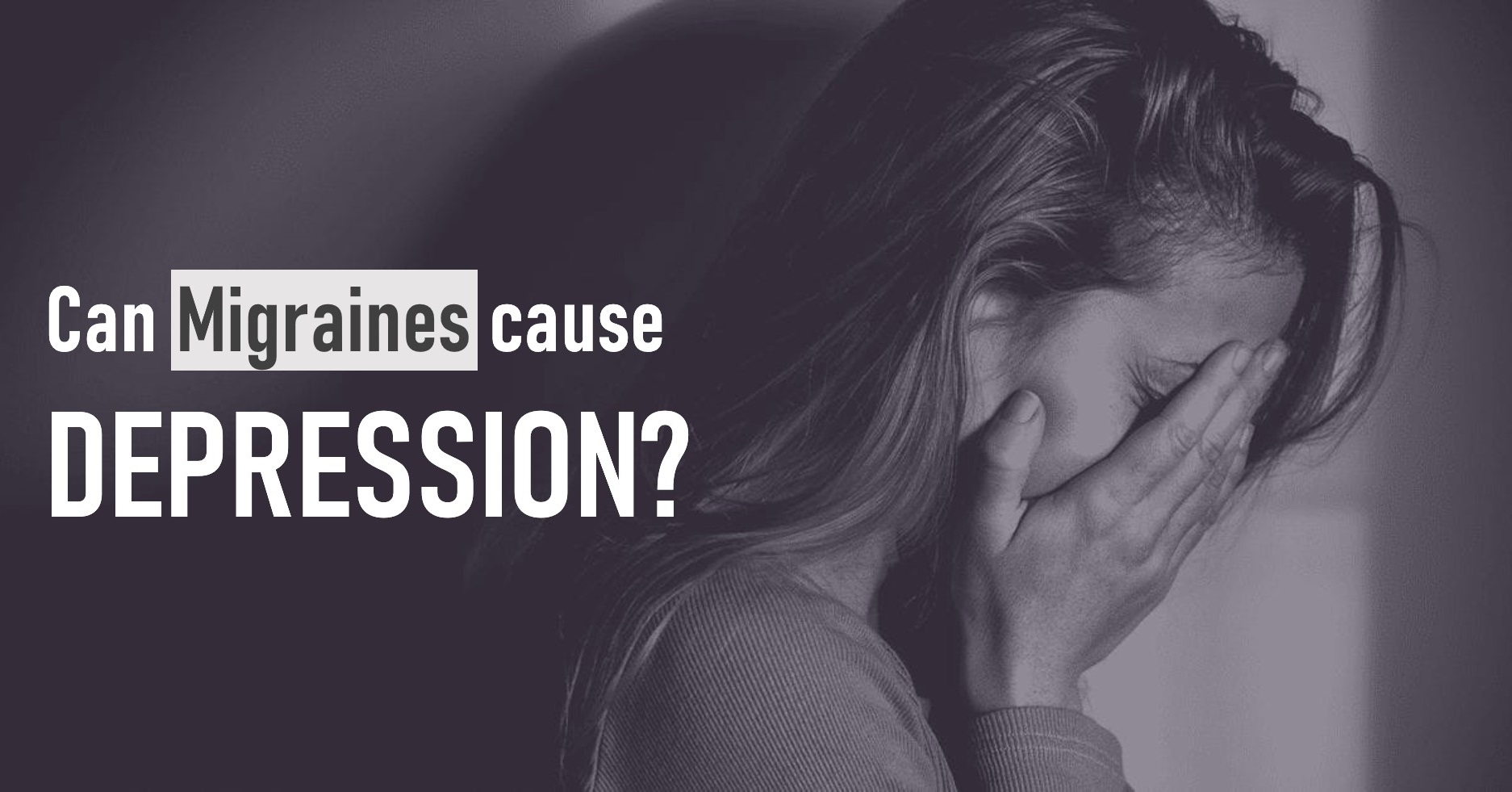Is it common to have both migraines and depression?
People with chronic migraine often experience depression or anxiety disorders. It’s unclear what the exact nature of this relationship might be. There are several possible explanations showing link between this mighty headache and depression.
Yes, some people do experience migraines and depression at the same time. Study shows that people who have depression are more likely to have migraines than people who don’t have depression. Similarly, people with migraines are more likely to have depression at some point than the people who don’t have migraines.
Migraine sufferers are 3 times more likely to experience depression.
The Migraine Trust
Having migraines and depression together can lead to unique challenges.
When people with chronic migraine have depression or anxiety, their quality of life gets worse. Also, they might experience certain difficulties with the treatment. For example:
- Getting the right diagnosis could be more difficult
- You might be more likely to take too much medications to manage your symptoms
- Migraines become chronic when you have depression along with
- Sometimes people who experience chronic migraine are more likely to attempt suicide
Pain and Depression – When to see a migraine doctor?
Alternatively, there are researches that shows that people with chronic pain such as back pain, do not suffer depression as often as people who have migraines. So, there’s a thought that there is a link between migraine and mood disorders, which is necessarily not due to the constant pain.
You should see a migraine doctor or neurologist immediately when you believe that you have migraines or depression. Leaving both these conditions untreated can impact your work, relationship and overall quality of life. Don’t wait for symptoms getting severe.
Make sure you tell your migraine doctor about the depression along with the migraine patterns, otherwise it can be wrongly diagnosed. You doctor might do some blood work and brain scans, to determine whether any other conditions are causing your migraine with depression. Because many underlying conditions cause to have depression symptoms such as hypothyroidism.
It is important to treat both conditions at the same time. Apart from different therapy and medications as suggested by migraine doctor, there are some other ways to manage the symptoms. For example:
- Relaxation
- Enough sleep
- Exercises
- Eat healthy and well-balanced diet
These are just to relax and can make you feel better and is not a permanent solution. Talking to your migraine doctor about your concerns and getting the right migraine treatment on time can lead to an overall greater sense of health and well-being.
Amid the growing concern of COVID-19 and unprecedented public health crisis, those living with migraine and other headache disorders, has to understand the risks and address specific considerations. For if you need any consultation with migraines and depression, contact us.

